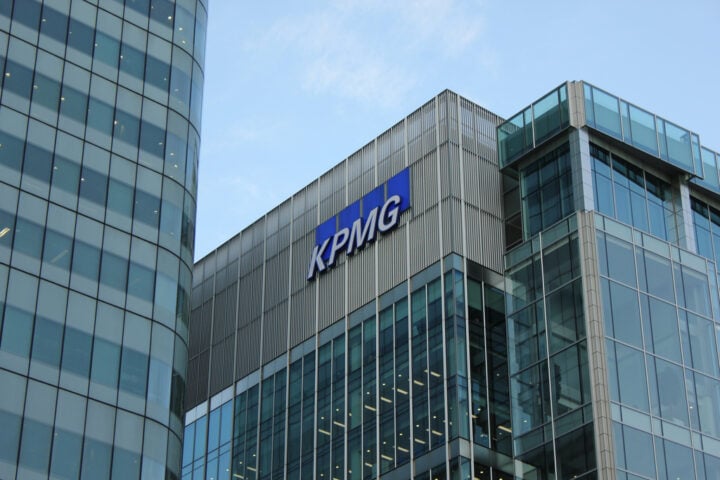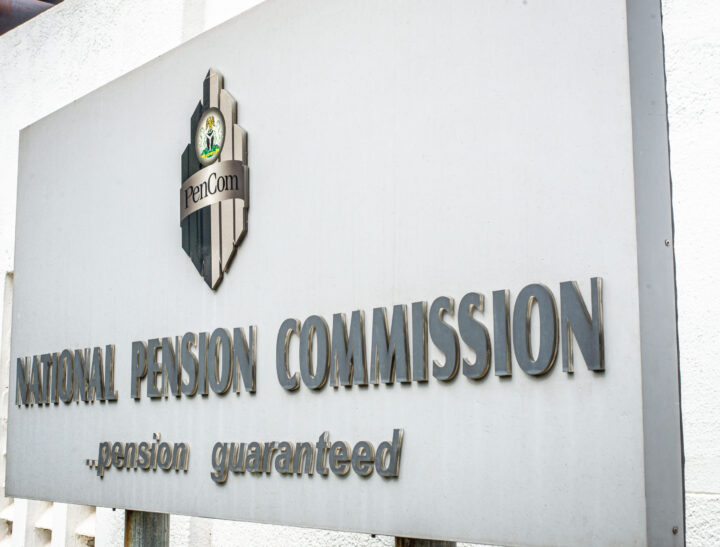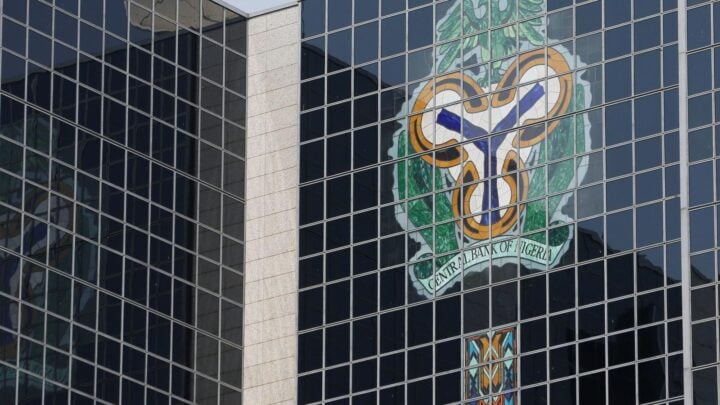KPMG Nigeria says the country needs to strike a balance between attracting foreign capital and promoting domestic development to restore the confidence of external investors.
In December 2023, the National Bureau of Statistics (NBS) said Nigeria’s capital importation dropped by 36.45 percent to $654.65 million in the third quarter (Q3) of 2023 — down from the $1.03 billion recorded in Q2.
The Q3 data was the lowest capital importation into the country in over 10 years.
Capital importation is divided into three main investment types: foreign direct investment (FDI), foreign portfolio investment (FDI) and other investments — each comprising various sub-categories.
Advertisement
Speaking on the issue in its latest flashnote on Thursday, KPMG attributed the drop in foreign capital inflow to the continuing negative
market sentiments on the country despite initial reforms being viewed positively.
“The need for macroeconomic stability, the negative interest rate environment, wide FX gap with low and declining forex reserves,” the KPMG said.
“The need for greater clarity with respect to monetary and fiscal direction in addition to various negative news including the exit of multinational companies like GlaxoSmithKline and Procter & Gambles (P&G) who have discontinued on-ground operations and adopted import and distributor-led business models as well as recent reclassifications of Nigeria from frontier markets to standalone and lower markets by two external investment bodies – FTSE Russell and MSCI, respectively, have all dampened external sentiments.”
Advertisement
The firm said the fact that trade credit, loans and related forms of capital inflows now overly dominate capital importation is a concern “given their short-term nature”.
According to the organisation, portfolio investment, which includes investments in financial assets such as stocks, bonds, and other securities, has also been on the decline since Q1 2023 from $649.28 million to 587.11 million in Q3 2023 — exposing the economy to risks of foreign exchange (FX) illiquidity and currency depreciation.
This, the company said, also mounts pressure on consumer price inflation, “reduced purchasing power, slower economic growth (3.75% target for 2024), lower job creation (especially from persistent reduction in FDI), and overall macroeconomic instability”.
“It also makes the economy more vulnerable to global economic shocks which is especially concerning given the current global poly-crisis,” KPMG said.
Advertisement
“Furthermore, reduced foreign capital inflows limit access to much needed external funding for infrastructure projects.”
KPMG further said the reduction in foreign capital inflow could also limit technological advancements, and other development initiatives without which the cost of doing business, and attractiveness of investment opportunities worsen, further hindering the country’s ability to compete globally.
“Despite the well-recognised potential of the Nigerian environment, investors are nevertheless reluctant to invest or remain in a country where they anticipate challenges related to infrastructure, logistics, connectivity, and operational efficiency,” KMPG added.
‘CREATE STABLE MICROECONOMIC ENVIRONMENT TO RESTORE INVESTORS’ CONFIDENCE’
Advertisement
According to KMPG, investors seek stability and predictability in the business environment, and “the lack thereof hampers capital inflows”.
The firm, therefore, called for the urgent need to reverse this trend and restore investors’ confidence in the Nigerian economy by intensifying ongoing efforts to create a stable and enabling macroeconomic environment.
Advertisement
“Implementing consistent and investor-friendly policies, improving infrastructure, strengthening the competitiveness of macroeconomic fundamentals, and eliminating structural and regulatory bottlenecks impeding the inflow and outflow of capital,” KMPG said.
“However, this requires concerted efforts from the Nigerian government and relevant stakeholders.”
Advertisement
On the positive side, KPMG acknowledged that continuous reduction in capital inflow may promote self-sufficiency by reducing the reliance on foreign capital and encouraging the development of its resources, exploring alternative sources of financing (such as domestic savings and capital markets) and fostering local entrepreneurship.
But the firm said it is important for Nigeria to strike a balance between attracting foreign capital and promoting domestic development through policies that encourage foreign investment while also fostering a conducive environment for local businesses to thrive.
Advertisement
Add a comment






